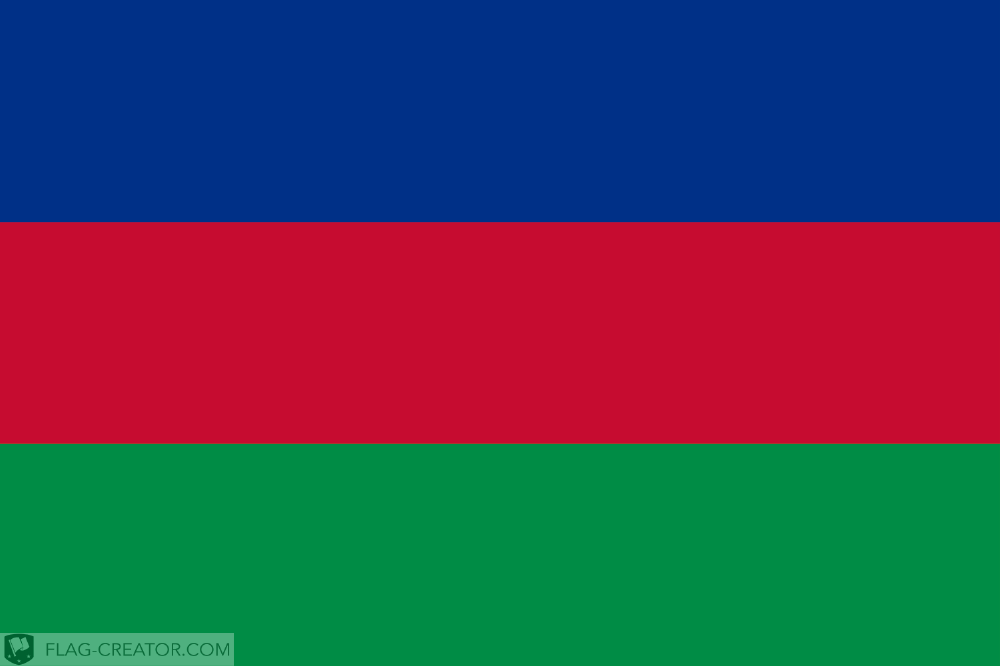Helsania, a region with a rich and vibrant history, was first settled by Equestrian colonists who arrived in 1619. This initial wave of settlers was drawn by the promise of abundant natural resources and fertile land, suitable for agriculture, as well as the opportunity to create a new life far from the political turmoil of their homelands.
The colonists established small communities, focusing on farming, trade, and the development of local industries. These early settlements thrived due to the cooperation between various groups within the community, as well as their efforts to adapt to the unfamiliar environment and climates of Helsania.
Over the following decades, as the population grew, so did the scope of the settlements. Towns began to emerge, laying the groundwork for what would become the cultural and economic heart of Helsania. The settlers formed alliances with indigenous groups, learning from their expertise in local agriculture and resource management, while also facing challenges such as land disputes and differing worldviews.
By the late 17th century, Helsania had attracted a diverse array of settlers, not only from Equestria but from other regions as well. This melting pot of cultures contributed to a dynamic society, marked by innovation in farming techniques, artisan crafts, and trade networks.
As the 18th century approached, Helsania became more politically significant. The colonists sought greater autonomy from the Equestrian Crown, leading to a series of debates and negotiations that culminated in the Helsanian Accord of 1785. This agreement granted the region a degree of self-governance and laid the foundation for its future as a semi-autonomous entity.
The 19th century brought about industrialization and urban growth, as Helsania capitalized on its rich natural resources, including minerals and timber. Cities expanded, and infrastructure improved, leading to increased trade with neighboring regions. This period also saw the rise of social movements, advocating for workers' rights, educational reforms, and the abolition of slavery.
The 20th century was marked by significant events that shaped Helsania's identity and its role in the broader geopolitical landscape. The region experienced economic booms and downturns, wars, and cultural shifts. Throughout these challenges, Helsania maintained its unique character, drawing from its historical roots while embracing modernization.
Today, Helsania stands as a testament to resilience and adaptability, with a rich cultural heritage that reflects its diverse origins. Its history is a tapestry woven from the stories of the Equestrian colonists, the indigenous peoples, and all who have called it home over the centuries.

















